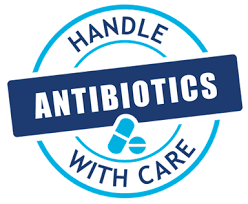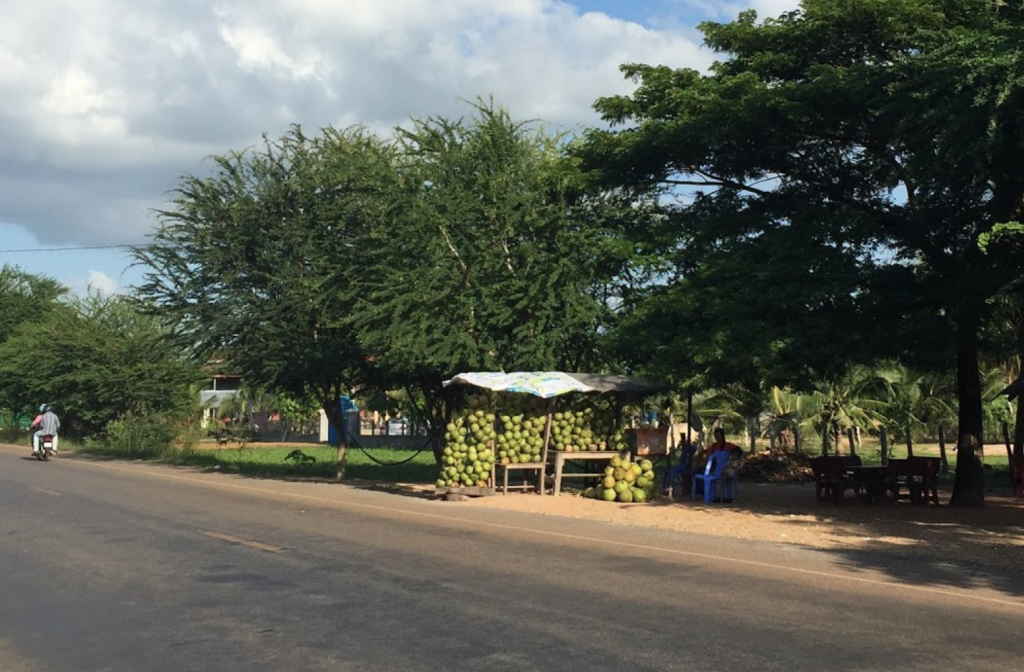Dr Mishal Khan is Assistant Professor at the Saw Swee Hock School of Public Health and the London School of Hygiene & Tropical Medicine. Her research focuses on gender inequalities in health, health systems strengthening and tuberculosis control. In this blog post, she tells us about some of the less familiar places to get antibiotics around Asia and the implications for policy-makers.
“Antibiotics: Handle with Care” is the theme for the World Antibiotic Awareness Week campaign running this week. This theme was chosen to emphasise that antibiotics are a precious resource; one that should be safeguarded from the misuse that is rendering them ineffective against the bugs they are designed to fight.
But who is handling antibiotics around the world? In terms of people who are prescribing or selling the precious drugs, it is really a wide range of individuals and institutions, and there are huge variations across countries. In fact differences in regulations and access to antibiotics are so vast, that many living in higher income countries would not – even using their wildest imagination – be able to guess where antibiotics can be purchased in some low- and middle-income countries. Below are some of the unexpected places selling antibiotics I have come across during my work on health systems strengthening and private sector engagement in some of the least developed countries in Asia.
- Penicillin and petrol
When driving from Phnom Penh, the capital city of Cambodia, to Kampot province in the south, I remember that the endless yellowy-green plains were peppered with roadside stalls set on wheels, selling coconuts and petrol stored in used water bottles. Since their business model is based on keeping an unconnected bunch of items popular with locals and travellers passing, these rickety stalls often also sell medicines, including antibiotic tablets. A study in Indonesia found that three quarters of stalls sold antibiotics. Needless to say, there is no temperature-controlled storage or limit on how much or how little is dispensed.
- Paan that makes your cough better
For those unfamiliar with it, paan is a very popular concoction – consisting of a heart-shaped betel leaf wrapped around areca nut combined with tobacco or various other flavourings – chewed across South Asia, including Myanmar. I was most intrigued when I was told, on a visit to Yangon in Myanmar, that paan is a go-to comfort food for a sore throat because it “seems to make it better”. On further probing local public health experts, I learnt that there may be a logical, if disconcerting, explanation for this. Some vendors are known to add crushed up antibiotics tablets to the paan, for clients complaining of throat ailments. The “sore-throat special”!

- Quacks outnumbering trained healthcare providers
It is perhaps not surprising that untrained or incompletely trained doctors, pharmacists and laboratory technicians (quacks) dispense antibiotics when they are not supposed to or provide incorrect infectious disease test results. Colleagues and I have personally uncovered such malpractice in India and Pakistan. Of alarm, however, is how commonly such quacks are found. For example, regional surveys indicate that more than 70% of healthcare providers in rural India have no formal medical training.
Picture credit: Longitude Prize
The question of where antibiotics are available, particularly in the world’s most populous Asian countries, is an important one to consider when planning campaigns to encourage best practices in antibiotic use. Here global policymakers must tap into local knowledge. If campaign planners do not know which drug sellers to target in low and middle income countries, we will certainly miss critical players. In fact, if we neglect informal handlers of antibiotics and focus on more visible, institutionalised ones, we will systematically exclude those who may be engaging in practices that most urgently need attention.


